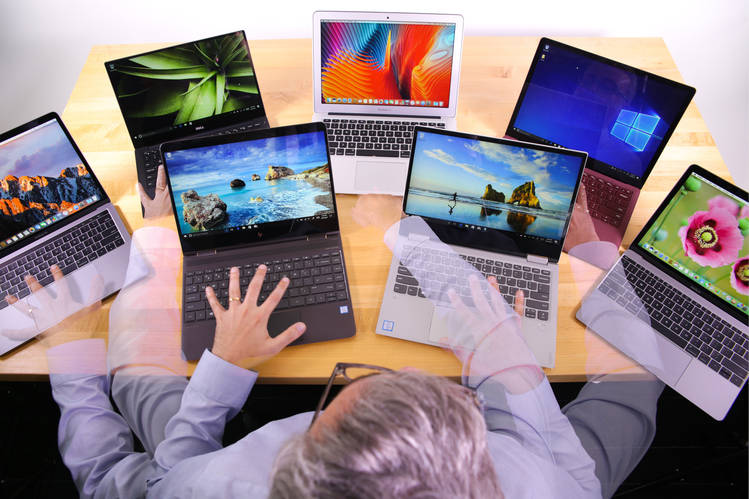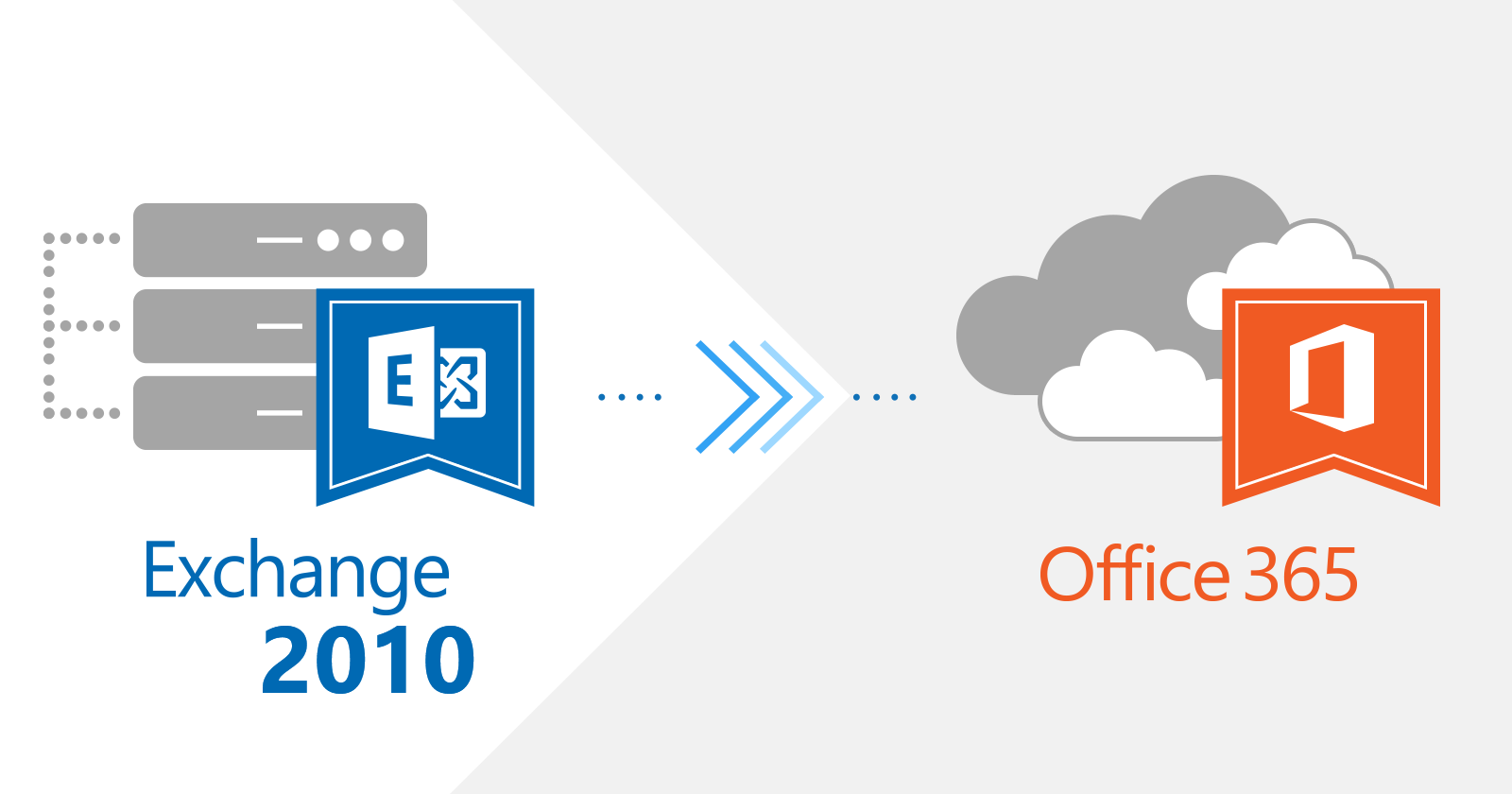Laptops are one of the most important pieces of technology you will ever own. They’re portable, they’re versatile, and they can do just about anything you need them to. That said, it’s important to choose the right laptop for your needs. There are a lot of options out there, and it can be difficult to figure out which one is the best for you. In this article, we will walk you through the process of choosing the right laptop for your needs. We’ll discuss different factors to consider, including price range, features, and more. So, whether you’re in the market for a new laptop or just want to know more about what to look for, read on!
What to Consider When Choosing a laptop
When choosing a laptop, there are a few things to consider. The size, weight, and battery life are all important factors. You should also think about the type of laptop you need and whether it is best suited for your needs.
The size of a laptop can be important if you plan on taking it with you on the go. Laptops range in size from small models that can fit in your pocket to larger laptops that can be used on an office desk. Laptops that are smaller than average tend to have shorter battery lives and may not be able to hold as much information or software as those that are larger. Laptop batteries typically last between four and six hours before needing to be recharged.
Weight is another factor to consider when choosing a laptop. Laptops can range in weight from around two pounds to almost five pounds. If you plan on using your laptop for long periods of time, it is important to choose one that is lightweight so you don’t get tired carrying it around or feeling strain when you use it. Some laptops have features like backlit keyboards which make them easier to use in low light settings or while working outside during daylight hours.
Battery life is also important when choosing a laptop. Most laptops have a battery life of between four and six hours before needing to be recharged. Laptops with longer battery lives may be more expensive but they may also be worth the investment if you plan on using your laptop
How to Choose the Right Laptop for You
The best laptop for you depends on your needs and what you are looking for in a computing device. Use the following tips to help you choose the right laptop for your needs.
-Think about what type of work you will be doing. A laptop that is good for gaming might not be the best choice if you are planning to use it for schoolwork.
-Consider what features you need and want in a laptop. Some people prefer hybrid laptops that have both a keyboard and a touchpad, while others prefer laptops that have only a keyboard.
-Think about how much money you want to spend on your laptop. Laptops can range from around $600 to more than $2,000, so make sure you think about what you need and what price range is comfortable for you.
-Be aware of different types of processors available on laptops. A lot of times, the processor is the most important factor when choosing a new laptop because it will affect how fast the computer runs and how much storage space it has.
What to look for in a laptop
When looking for a laptop, you’ll want to consider your specific needs and wants. There are many different types of laptops on the market, so it can be hard to decide which one is best for you. Here are some key things to look for when shopping for a laptop:
1. Processor and graphics
Your laptop will come with a processor and graphics card. Make sure the processor is powerful enough for the tasks you plan on using it for, and check to see if the graphics card has enough computing power to run high-end games or applications.
2. Size and portability
You’ll also want to consider how portable your laptop is. Laptops typically come in a range of sizes, from slim and light models that can be easily carried around, to larger models that can handle more robust tasks. Make sure the size and portability of the model you choose fit your needs.
3. Operating system (OS)
One important factor in choosing a laptop is the operating system (OS). You’ll need to decide whether you want an OS that’s pre-installed on the laptop or whether you’ll need to purchase and install it yourself. Some laptops come with Windows 10 already installed, while others require you to buy an OS separately. Check which OS is offered on the model you’re considering before making a purchase decision.
Underlying Technology
There are a few things to consider before settling on the laptop that will be best for you. The operating system, processor, memory, graphics card, storage and battery life are all important factors to take into consideration when choosing a laptop.
Operating System (OS):
The operating system is what your computer runs and it is typically pre installed on laptops. You can choose between Windows or Mac OS X. Windows 10 is the latest version of Microsoft’s Windows OS and is considered to be very reliable. Mac Os X has several versions available, including Sierra and High Sierra. It is important to choose an operating system that will fit your needs and preferences.
Processor:
The processor is the brain of your computer and it determines how fast it can handle tasks. Laptops with a faster processor can run faster applications and play games more smoothly. There are three main types of processors- Intel, AMD and ARM- so be sure to choose one that will fit your needs.
Memory:
Memory is used by your computer to store data such as pictures, files and emails. A laptop with more memory can handle multiple tasks at once without slow downing down. Most laptops come with between 4GB-8GB of memory which should be enough for most users. If you plan on using lots of programs at the same time or want to store large files, then you may need more memory. Most laptops also come with a RAM upgrade option which allows you
Display
When considering which laptop to buy, it’s important to remember that there are a variety of factors to consider. Here are some tips on how to choose the right laptop for you:
1. What are your needs?
First, think about what you need the laptop for. Do you need a laptop for school, work, or gaming? Once you know this, look at the specific features of each laptop and choose one that meets your needs.
2. Consider your budget and preferences
Next, consider your budget and preferences. Do you want a new or used laptop? Is cost a big factor in your decision-making process? Also, think about what features are important to you. Are processor speed and graphics important to you? If so, make sure the laptop has those features.
3. Think about portability and battery life
Finally, think about how portable and battery-life-friendly the laptop is. Is traveling with it important to you? Do you need a laptop that can last all day without needing a charge?
Battery Life
The average battery life for a laptop is usually around four hours. However, the amount of time that your laptop will last will vary depending on the type and model of your laptop, how you use it, and how much activity is being put on the screen. Generally speaking, laptops with larger screens will have longer battery lives than smaller laptops. Laptops with bigger batteries also tend to have longer charging times.
Operating System
compute performance
When looking for a laptop, you should consider the compute performance of the machine. Laptops with high compute performance are better suited for tasks such as video editing and 3D rendering. For most users, a laptop with an Intel Core i5 or i7 processor will be more than enough. Some of the newer laptops have even faster processors, so it is important to do your research before making a purchase.
Another factor to consider is the operating system (OS). often, the OS will come pre-installed on a laptop. However, if you plan on using Windows 10 or macOS Sierra, it may be worth purchasing a separate OS disk or license. Certain laptops only work with certain OSes, so it’s important to know which one you need in order to purchase the machine.
battery life
Some users also want to think about how long their battery will last before needing to recharge. Laptops that have good battery life typically have larger batteries that can last for several hours or even days depending on the usage pattern. For some people, this is more important than other factors such as processor speed or OS selection.
Processor
Choosing the right laptop for you involves understanding your needs and wants. The processor is one of the most important components, so it’s important to choose one that can handle the tasks you plan to use it for.
Processors come in different speeds and types, so it’s important to find out what you need your laptop for. If you mainly use internet and basic applications, an entry-level processor will be fine. If you need a laptop for creative work or gaming, however, you’ll want to consider a higher-end model with a more powerful processor.
Here are some things to consider when choosing a processor:
-How much processing power do I need?
-What type of tasks will my laptop be used for?
-Am I willing to trade off battery life for increased performance?
-Do I need Windows 10? Some processors only work with certain versions of Windows.
Graphics
When it comes to choosing the right laptop, you have a lot of options. There are a lot of different specs and features that you need to take into account, so it can be hard to choose the right one. Here are some tips on how to choose the right laptop for you.
First, think about what you need your laptop for. Do you need something that is lightweight and easy to carry around? Or do you need something that can handle more intensive tasks?
Second, consider your budget. Are you looking for something that is affordable but still has high-quality features? Or are you willing to spend a little more money for a better machine?
Third, think about what size laptop will fit your needs. Do you want a smaller laptop that can fit in your pocket or do you need something bigger that can work on bigger projects?
Fourth, consider what type of computer processor you want. Do you want an Apple MacBook or an HP Spectre? Both laptops have their own advantages and disadvantages, so make sure to read reviews before making your decision.
Finally, think about what kind of operating system (OS) you want. Windows 10 is the most popular OS out there right now, but there are other options available as well. Make sure to research which OS is best suited for your needs before making a purchase.
Storage
Finding the right laptop for your needs can be daunting. This guide will help you narrow down your choices and find the perfect machine for you.
When shopping for a laptop, you’ll want to think about what you’ll use it for most. Do you need a powerful machine for work or do you mostly use it for leisure purposes? If you’re primarily using your laptop at home, go with a less expensive model. If you’re using it in school or at work, make sure to get a machine that has all the specs you need.
Another factor to consider is how portable your laptop will be. Some laptops are heavier and harder to carry around. If portability isn’t an issue, go with a heavier model. Other laptops are much easier to carry around but don’t have as many features. Make sure to read reviews and compare different models before making a decision.
The size of the screen is also important. Some laptops have smaller screens that are better for working on documents or spreadsheets, while others have larger screens that are better for watching videos or playing games. Again, make sure to read reviews and compare different models to find the best fit for your needs.”
Software and Accessories
Choosing the right laptop is an important decision. There are a lot of different options and configurations to choose from, so it can be difficult to know what to look for. Here are some tips on how to choose the right laptop:
1. Consider your needs. What are you going to use your laptop for? Are you looking for a general purpose computer or do you need something specific, like a gaming laptop?
2. Consider your budget. How much money are you willing to spend? Do you want a low-cost model or a more expensive one?
3. Consider your needs and budget separately. Sometimes there is a less expensive option that will meet your needs better than a more expensive model that may have features that you don’t need.
4. Think about portability and weight. Laptops can get heavy, so make sure they’re lightweight enough for you to carry around easily and without feeling strain when carrying them around in your bag or suitcase.
5. Think about graphics capabilities and software compatibility. Some laptops have better graphics capabilities than others, so make sure that the software that you plan on using with the laptop is also compatible with the graphics card if there is one included in the machine.
Conclusion
If you’re in the market for a new laptop, there are a few things to keep in mind. First, consider what type of work you’ll be doing on your new machine. Do you need a laptop that can handle graphic design or video editing? If so, you’ll want to choose one with more powerful specs. Do you need something light and easy to carry around or something that can handle heavier workloads? This will determine the type of laptop you should buy. Another thing to think about is your budget. Laptops can range from affordable options that perform well but have lower-end features all the way up to incredibly expensive machines that offer top-of-the-line features and specifications. Think about what features are most important to you and which ones fall within your budget. Once you’ve determined these two things, it’s time to look at different laptops available on the market and compare them!






Be First to Comment